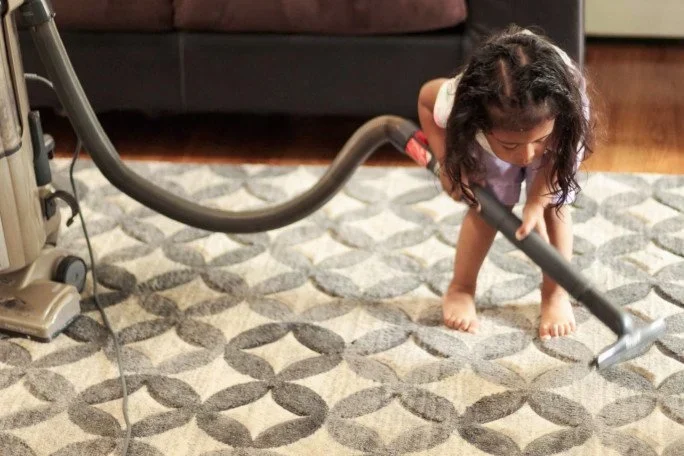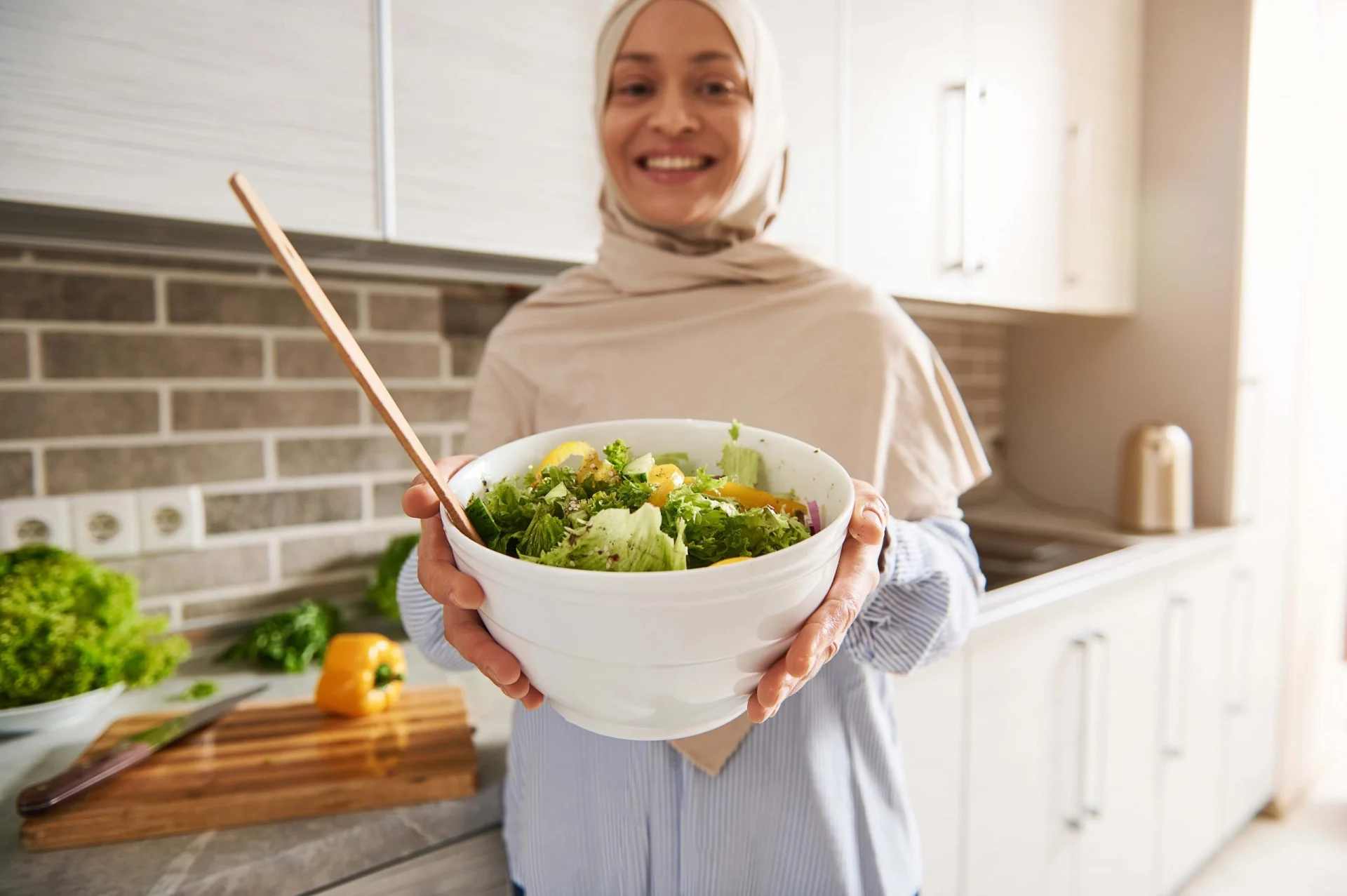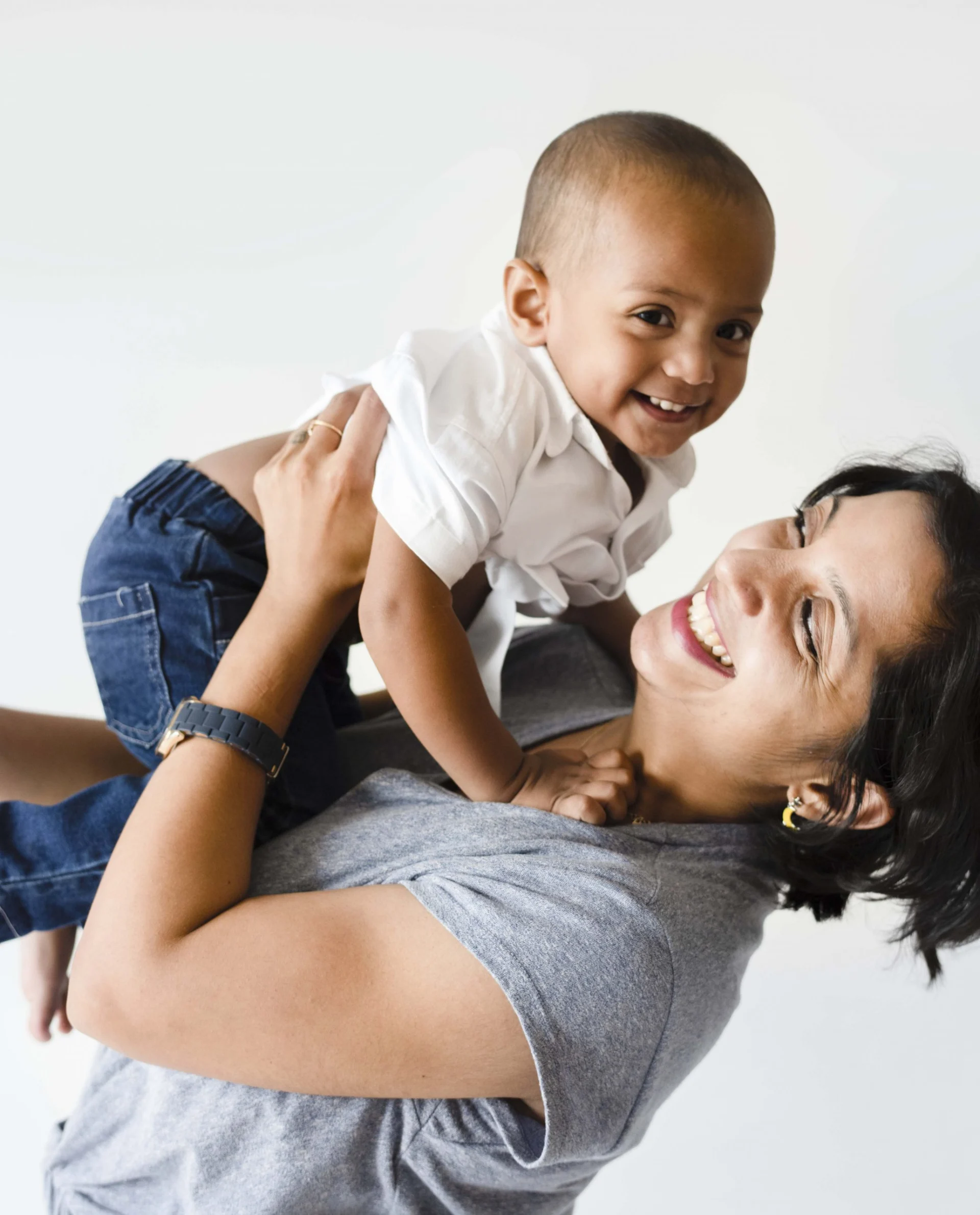Being a first time mother is no joke. Being a first time Single Mother is no laughing matter at all. Being a Single Muslim Mother is way beyond perceivable to some.
Take it from me, at 23 my world came crashing down on me when my baby was three weeks old and my marriage came to an end.
Before her birth, questions and concerns clouded my head. Will I be able to balance single motherhood and a job? How will I explain to this beautiful baby why her father left? Even more pressing, will I be able to manage her day-to-day care all on my own? Will I be able to raise a child on my own? I was exhausted just thinking about it! The questions that drowned me soon subsided as she was born after a very long and painful labour. I looked at her and realised there is a strength in me that I did not know I possessed.
Looking back, I found solutions while trying to heal my heart and soul and you will too.
Parenting is a tough job, but single parenting is an even tougher challenge, as one parent tries to fulfil the roles of both a mother and a father to their child. It is highly demanding physically, emotionally and financially.
Divorce is still stigmatised in the Muslim community but it does happen, and it’s permitted in Islam. In cases of abuse, it’s obligatory to get yourself out of harm’s way yet cultural hang-ups can make everything messier.
Sadly, the Muslim community often alienates single parents and is often selective regarding which single parent ‘deserves’ compassion, based on the reasons they are single. A judgmental attitude does not help encourage single parents to be the best parents possible to their child(ren) and it goes without saying that compassion and support from the community is necessary to help single parents on their challenging journey.
It was a great comfort to me to know that there are many examples in the Islamic tradition of single parents who successfully raised children and remained strong individuals. These individuals grew up to be a legacy for humanity which for me shines more brightly, specifically due to their journey of being raised by single parents:
Hajar, the mother of Prophet Ismail (pbuh), Maryam, the mother of Prophet Isa (pbuh), and Amina, the mother of Prophet Muhammad (pbuh), all raised their sons alone due to different circumstances. All these mothers have one thing in common; they all put their trust in Allah and worked hard to be the best mother they could be to their children.
The mothers of Imam al-Shafi’, Imam Ahmed and Imam Bukhari also raised their sons alone, all of whom later became renowned figures that left a major impact on the world.
Whether the Muslim community accepts it or not, the reality is that single Muslim mothers do exist today and the bigger reality is that these mothers need support as they strive to raise resilient Muslim children for the future.
Children raised by single mothers will only thrive in homes where there is stability, safety, love, and consistency. A single mother that is committed to providing love and discipline will create an environment for their child to truly flourish.
Here are some strategies I have learned over the years and with much difficulty. These few tips will help you keep your sanity, and your life, all while raising a confident and awesome child as a Single Muslim Mother:
1. Take Charge And Tame Your Emotions:

There’s no “quick fix” for the hormone-fuelled fireworks that explode after childbirth. On top of normal feelings of being overwhelmed and anxious, single mums also tend to experience twinges of anger and abandonment. Focus on the positives and don’t let the anger consume you.
2. Discipline:
There are many a times single parent feels guilt or overwhelmed by their parenting duties, so they resort to weak enforcement or bending of “rules” in order to make their child happy and reduce potential conflict.
Some parents may compensate for the absence of the other parent by being permissive in their parenting style. Single parents must be careful to not allow children to dismiss rules set by them or to become their “friends.”
3. Set Boundaries:
Boundaries for children create a much needed structure in all households (single and dual) because children want to know that their parent has rules and has set limits and expectations of them. Boundaries also create a sense of safety for a child because the roles of the parent and child have been clearly established. Parental limits teach the child to respect the parent and solidify their role in the family.
4. Consistency:

Establishing routines, schedules and traditions are important for children when adjusting to a new family dynamic. A child wants to know what to expect and look forward to on a daily basis. Consistency in everyday routines gives the child(ren) a feeling of security and stability. Focusing on creating morning routines, weekly schedules and dinners together are small ways that single parents can create consistency for their child. Availability by the parent in terms of attention and physical presence will assure the child(ren) and foster a sense of belonging. Also, creating new traditions and memories during holidays and special occasions reaffirms the new family identity.
5. Emotional Support:
Single parents and their children may struggle with various feelings and emotions surrounding their new family structure. The parent and child may struggle with changes and upheavals in their life, and may share with one another the challenges of the new family structure. Parents need to listen and truly hear their child(ren) when they share their thoughts and feelings. Parents must not make disparaging comments about the other parent as a means to gain the sympathy of the child(ren). Despite stress being common, parents must not turn to their child for emotional support nor burden them with the personal struggles they encounter. Parents must turn to their social circles and confide in other adults and friends only. Confiding worries or complaining to a child is inappropriate, regardless of the level of maturity of the child. It is extremely detrimental for children to absorb the thoughts and feelings of their parents. Children need to remain children and should not become a “friend” or “therapist” to the parent. Parents who feel stressed, depressed, anxious or lonely, should seek professional guidance or support from other adults as they adjust to single parenthood.
6. It Takes A Village To Raise A Child:

Single parents will need help and support with the endless tasks and responsibilities of raising the child(ren). This requires being comfortable asking for help from family and friends. Seeking support with childcare, such as carpooling, help in case of emergencies will all benefit single parents when they are stretched in multiple directions. Creating a teamwork environment at home where the child(ren) have chores and responsibilities is also important so that the child(ren) understand their role in the family and feel like capable contributors.
7. Take Care Of Yourself:
Single parents work hard to care and provide for their children; many times, they neglect themselves or may feel guilty taking time away from their children. However, it is necessary for parents to take care of themselves physically, emotionally and spiritually. Giving without replenishing will limit a parent’s ability to be their best. Scheduling time for hobbies and enjoyable activities like reading, watching a movie, having coffee with a friend, etc. are ways parents can find personal fulfilment.

Creating time to exercise, eat properly and focusing on prayer and reconnection to Allah will help with managing stress and living a more balanced life. Developing a social network of close friends or other single parents will also empower parents so they do not feel alone in their journey. Strong support systems can enable single parents to share and feel accepted by other adults who understand their context. Ultimately the child(ren)’s emotional well-being hinges on the parent’s healthy and balanced lifestyle.
Single Muslim mothers who have a positive attitude and express resiliency will model strong character to their children. Single parents must be kind to themselves and focus on doing their best. They will not be “perfect” nor will they be able to fill the shoes of the second parent. Being the best parent is being present and connected with your child(ren) in a manner that is loving and encouraging every day. These are the most important things you can do as a parent, single or otherwise.
For those reading this who are not single parents you are already aware that it takes an extraordinary amount of courage and will power to wake up every morning and be responsible for these small life-forms that soon grow up and make their own way in the world. I can think of a few practical things you can do to help your friends who are single mums:
1) Call her to see how she’s doing.
2) Message her to let her know that you’re thinking of her.
3) Visit her to show her that you care.
4) Ask if she needs help with her kids, even if it’s for an hour so she can leave the house.
5) When you visit, bring some food – it gives her one less thing to worry about.
6) Encourage your husband, father or brother to be mentors or role models for these kids who don’t have a father in their lives.
7) Help out with the endless handyman stuff, and ask the men in your life to help out too.
8) Give small gifts to your friend and her kids.
And remember single mums are the unsung heroes who work so hard to keep their families going, against the odds, every single day.
With love, peace and blessings,
Umm Azizah
Muslim Mamas would love to hear your thoughts on this article and hear your single mum stories. Share in the comments and let’s show each other we are not alone x
















Fantastic tips from Asma, one of our Muslim Mamas Admins and a sea of knowledge!